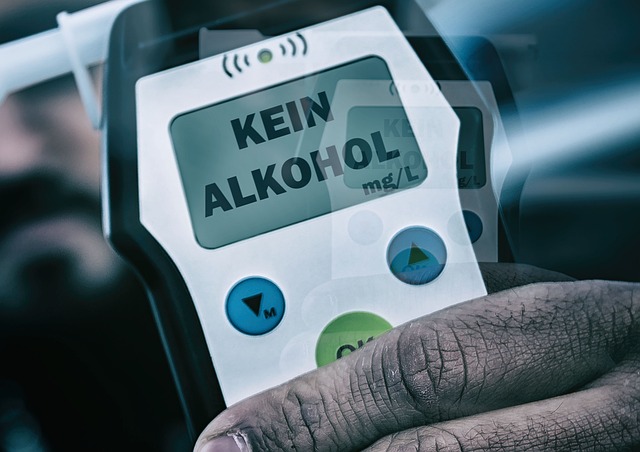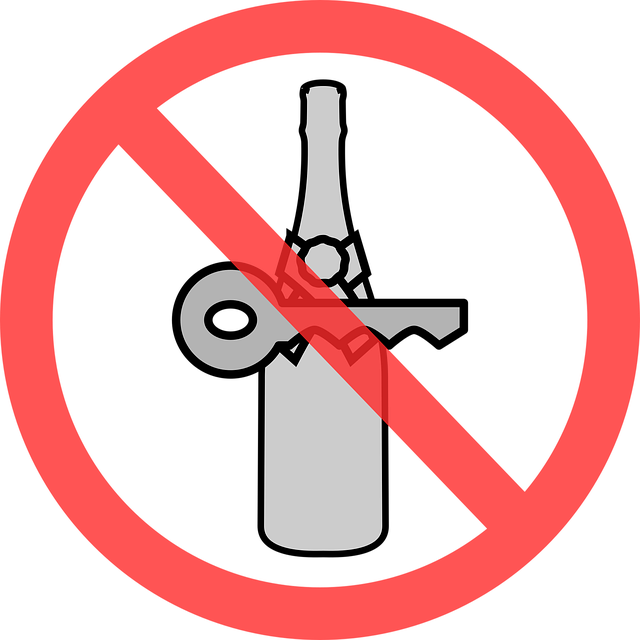Understanding local DUI laws is crucial for tourists, especially when traveling between rural and urban areas where penalties and policies vary significantly. Specialized attorneys in DUI Defense for Tourists guide individuals through these disparities, protecting their rights with knowledge of unique challenges like strict BAC thresholds and varying enforcement tactics. Navigating these complexities is key to a robust defense.
In the realm of DUI (Drunk Driving) laws, rural and urban areas often face distinct challenges. This article explores the intricate differences between rural and urban DUI regulations, focusing on their implications for tourist defense strategies. Understanding these disparities is crucial for those navigating legal complexities while traveling. We provide a comprehensive guide to help visitors make informed decisions and offer practical advice for effective DUI defense strategies tailored to each setting, with a specific focus on DUI Defense for Tourists.
- Understanding Rural and Urban DUI Laws
- Implications for Tourist Defense Strategies
- Navigating Differences: A Comprehensive Guide
Understanding Rural and Urban DUI Laws

Understanding the nuances of DUI laws is essential, especially when navigating rural versus urban areas. In rural settings, where populations are less dense and driving conditions might vary, laws often reflect a more lenient approach. This could include lower penalties for first-time offenses or different blood alcohol concentration (BAC) limits. For example, some states have adopted a “zero-tolerance” policy in urban areas but offer more flexibility in rural regions.
Tourists visiting these diverse areas need to be particularly aware of these disparities. When facing DUI charges, whether in a bustling metropolis or secluded countryside, having an understanding of the local laws and a robust DUI defense strategy can make all the difference. A knowledgeable attorney who specializes in DUI Defense for Tourists can ensure that your rights are protected, regardless of location.
Implications for Tourist Defense Strategies

In rural areas, where alcohol-related driving incidents are often less prevalent, local DUI laws may be less stringent compared to urban centers. This disparity can significantly impact tourist defense strategies. When visiting or traveling through rural regions, tourists might face unique challenges in terms of blood alcohol content (BAC) limits and police enforcement. For example, some rural states have lower legal BAC thresholds, meaning any trace of alcohol in a driver’s system could lead to charges.
Tourists, especially those from areas with higher tolerance for drinking and driving laws, must be aware of these nuances to build an effective DUI defense. Understanding local regulations and having a strategic approach can help mitigate potential consequences. A skilled attorney specializing in DUI Defense for Tourists is crucial to navigating these complexities, ensuring visitors’ rights are protected during their stay.
Navigating Differences: A Comprehensive Guide

Navigating the differences between rural and urban DUI laws is essential, especially for tourists visiting new areas. While basic DUI regulations apply universally, local variations can significantly impact how these laws are enforced and what defenses may be available. In urban areas, with higher population densities, police often have more resources to dedicate to traffic enforcement, leading to increased random checks and strict prosecution. In contrast, rural regions typically have fewer law enforcement officers, which might result in less aggressive patrolling but also potentially longer response times during accidents.
For tourists facing DUI charges, understanding these nuances is crucial for building a robust defense. A skilled DUI Defense for Tourists should be well-versed in local laws and traffic patterns to challenge the prosecution’s case effectively. This may involve arguing that the stop was unjustified, questioning the admissibility of breathalyzer results, or exploring potential bias due to resource disparities. Being informed and prepared can make all the difference in navigating these legal complexities.
In understanding the distinct nuances of rural and urban DUI laws, especially as they pertain to tourist defense strategies, it becomes evident that navigating these legal differences is paramount. This comprehensive guide has illuminated how geographical variations impact DUI enforcement, offering insights crucial for tourists facing charges. By recognizing these disparities, those traveling can better prepare for potential challenges, ensuring a stronger DUI defense strategy tailored to their unique circumstances. For tourists, staying informed about local laws and seeking guidance from experts in rural or urban DUI defenses is key to mitigating risks and protecting their rights.






